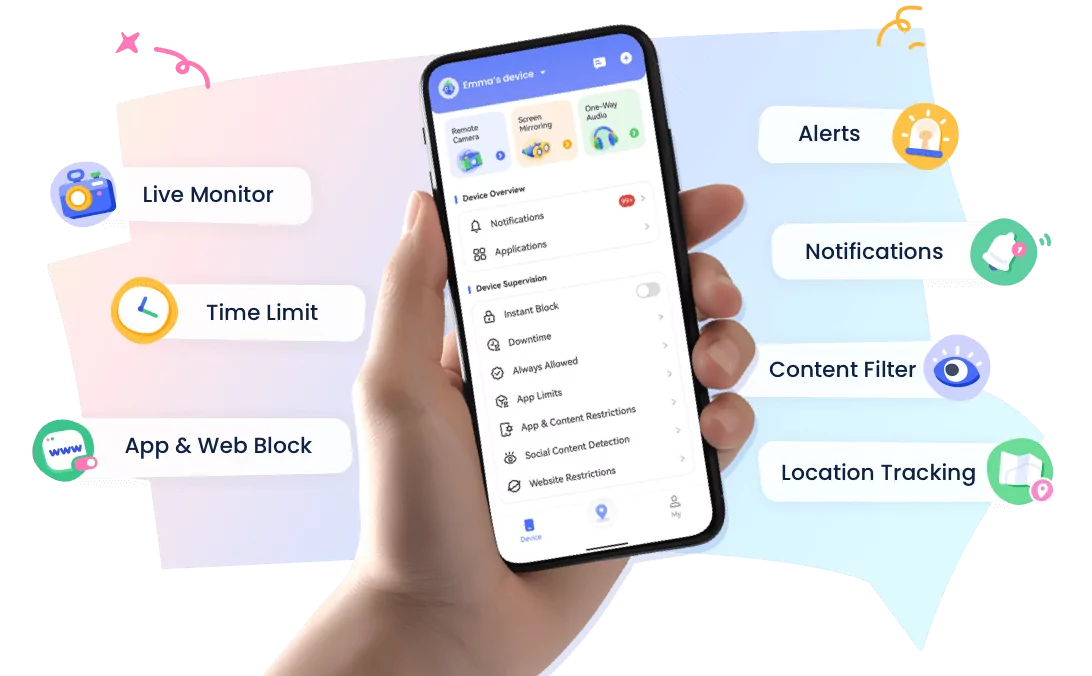Can You See Your Search History on Your Wi-Fi Bill
In short, no, you can't see your search history on your Wi-Fi bill.
The billing details include your internet service, the package plan used, and the charges for the billing period. However, try your browser if you are looking for your browsing history.
This article will discuss why your search history cannot be seen on your Wi-Fi bill and guide you on how to improve your privacy.
Why Your Search History Isn't on Your Wi-Fi Bill
There are many reasons for not including your browsing history; let's go through a few.
Privacy Regulations:
Your ISP might have your browsing history, but they are not allowed to share your data with others as per the [privacy laws and regulations. This is only to avoid any of your data leaks being misused and to comply with privacy regulations.
Data volume
For ISPs, it would be impractical to list all the data the users stalk over each month on your bills. What we would have in trying to track and itemize every website visited by every individual is more information than anyone would ever want.
Technical Limitations
ISPs can see the data packets sent across their networks but generally do not record who views what. Instead, they concentrate on data consumption measures, the total amount of data used.
Can You See Your Search/Browsing History on Wi-Fi?
The answer is yes. When you connect to Wi-Fi, your search and browsing history can potentially be monitored, depending on who controls the network. Here's how it works:
Wi-Fi Network Owners
The person or organization that controls the Wi-Fi network has the capability to view browsing activity through their router settings. This means they can potentially see what sites are visited, although they usually can't see specific search queries or secure content (HTTPS).
Device History
On your personal device, you can see your browsing history through your web browser’s history settings. This provides a clear record of the sites you’ve visited, as long as the history hasn't been cleared.
How to Secure Your Online Privacy
If you are concerned about your online privacy, there are several measures that you can employ to prevent prying eyes from interfering with your browsing history.
Employ a VPN:
With Virtual Private Network (VPN), you can mask your internet activity by encrypting data to and from your computer. This makes it even more complex for the ISP to determine what you visited and did not. VPNs are like an added layer of privacy that hides your IP address.
Enable Private Browsing:
To protect your privacy on shared devices, try private browsing. This will not prevent your ISP from tracking you, but it will protect your privacy.
Delete Your Browser History:
Deleting your browser history to protect your privacy is better if you share the same device with others. This is one of the simplest yet effective measures to ensure no one sees which sites you visited.
Encrypted Websites:
Always use websites with HTTPS encryption to prevent third parties from sniffing your data. Check for the padlock icon in your browser address bar to ensure the website is secured.
Bonus: Make Your Child's Online Browsing Safer Based on Their Browsing History
As parents, we need to respect our children's privacy while also keeping an eye on their browsing habits to create a safer online environment. AirDroid Parental Control can help with this. With kids consent, it lets you check what sites your kids are visiting and block any that might be harmful, ensuring that their online experience is both secure and positive.
Monitor browsing history
Customize URL blacklist & whitelist
Set up website time limits

Conclusion
To summarize, the search history cannot be seen on your Wi-Fi bill. This is because of the rules and regulations to protect your privacy, and your ISP can't list every website you browse throughout your billing period. So, if you want to see the browsing history, you can your Wi-Fi router if you are the administrator of your Wi-Fi.














Leave a Reply.